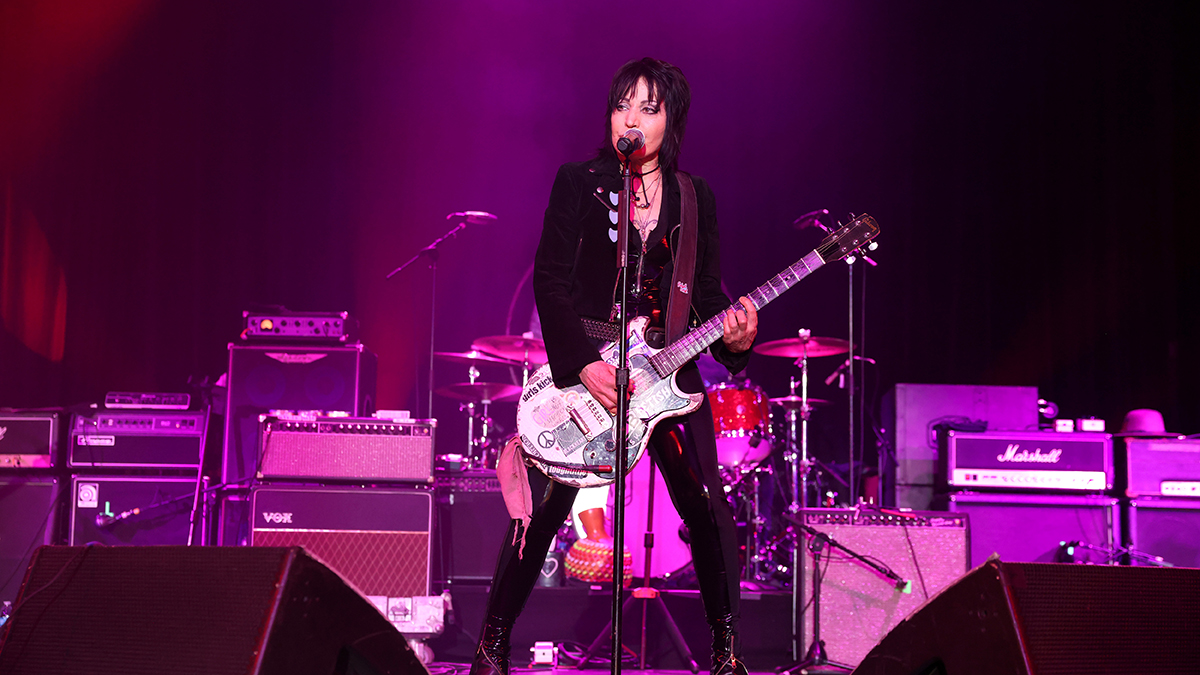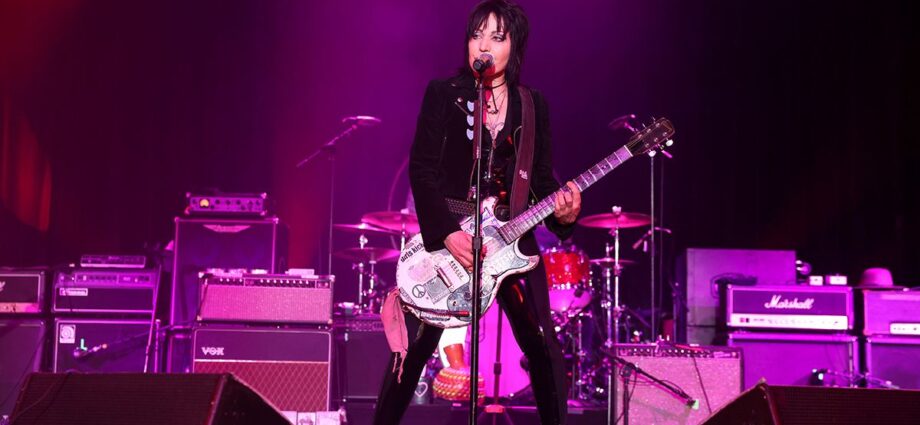
From her teenage beginnings in The Runaways to her steadfast run with her solo project, Joan Jett and the Blackhearts, which spawned hits such as I Love Rock ’n’ Roll and I Hate Myself for Loving You, The Godmother of Punk – Joan Jett – has proven to be a trailblazer in every sense of the word.
However, when Jett first wielded a Gibson back in the ’70s, girls were still told that electric guitars, coupled with rock, weren’t for them.
“It would have been okay if I had an acoustic guitar, but it was the fact the electricity made it like ‘you’re not allowed,’” Jett tells RNZ. “And it’s like, what do you mean I’m not allowed?
“You’re saying I can’t play it, but I have girls in my class next to me playing Beethoven and Bach on violin and different instruments, so you’re not saying I’m not capable of it; what you’re saying is I’m not allowed to.”
Like Fanny and The Liverbirds before them, The Runaways faced an uphill battle – and when Jett went solo, even more so.
“We have 23 rejection letters to prove it,” Jett recalls. “We sent them five hits, we sent them five hits, right? All songs that became hits here in the States, and they sent us a variety of rejection letters from uninterested with no reason, to ‘lose the guitar’, to my favorite, ‘you need a song search’.”
Five decades on, Jett is a bona fide legend – but doesn’t shy away from relating her experiences and addressing the bigger issue.
“It felt to me that we were on the cusp of the girls breaking out,” she said in a 2017 Guitar World interview. “We were one hit away from opening the door for everybody else. But there was always resistance from radio. Like, only one girl gets to be played at a time.”
Earlier this year, Lita Ford, Jett’s former bandmate in the Runaways, spoke about the challenges the band faced in carving their own path and cracking the glass ceiling for women in rock.

